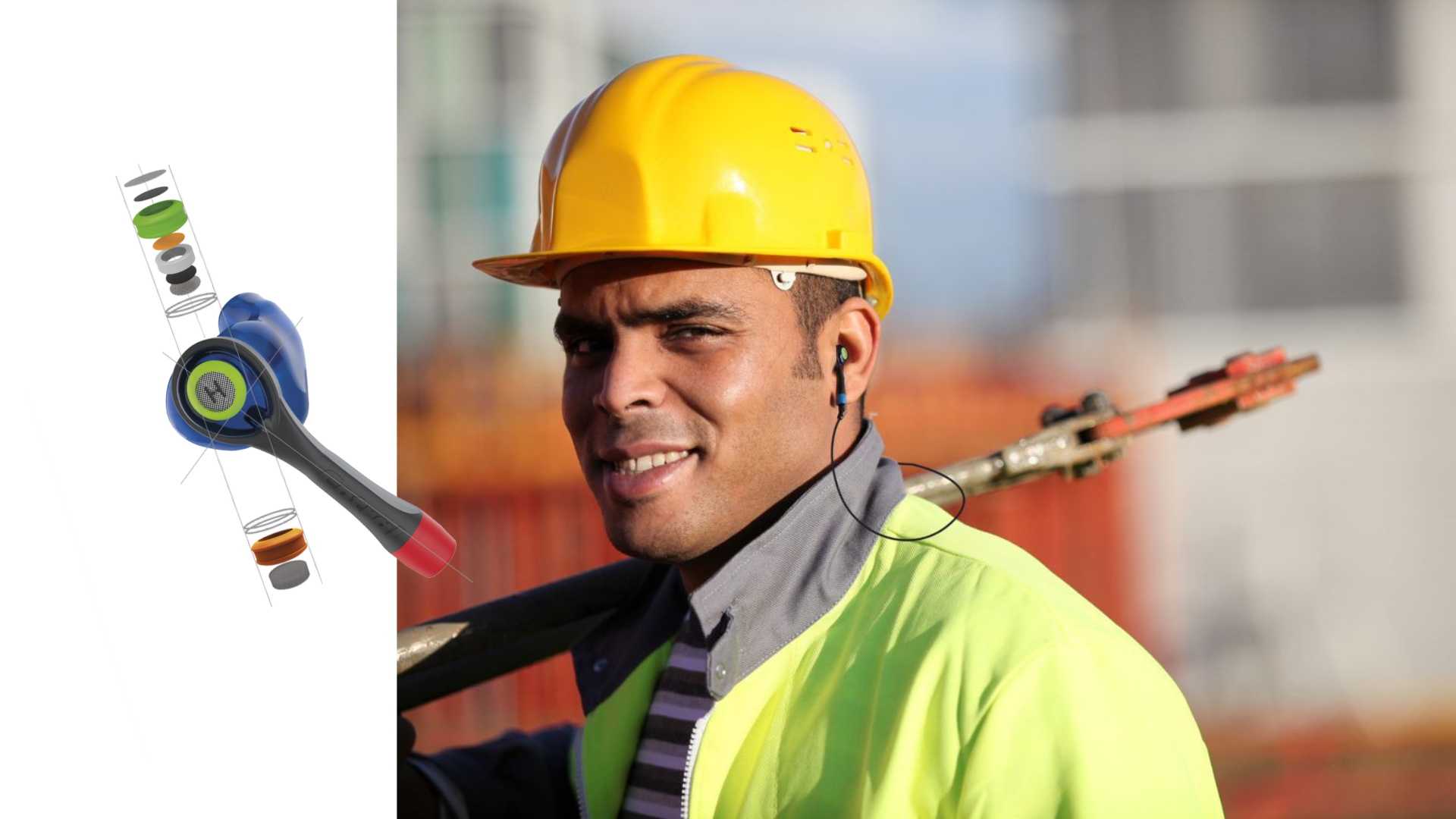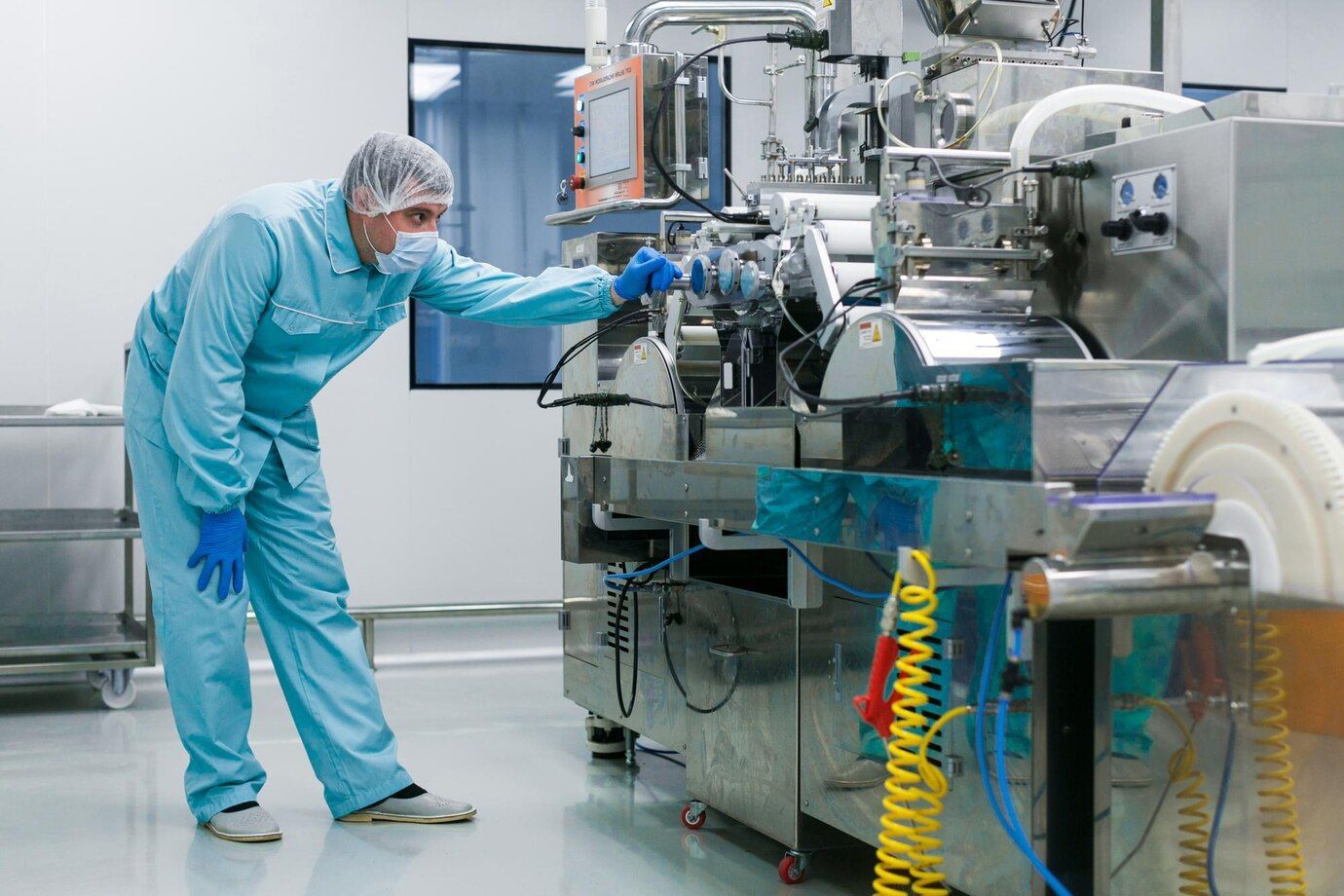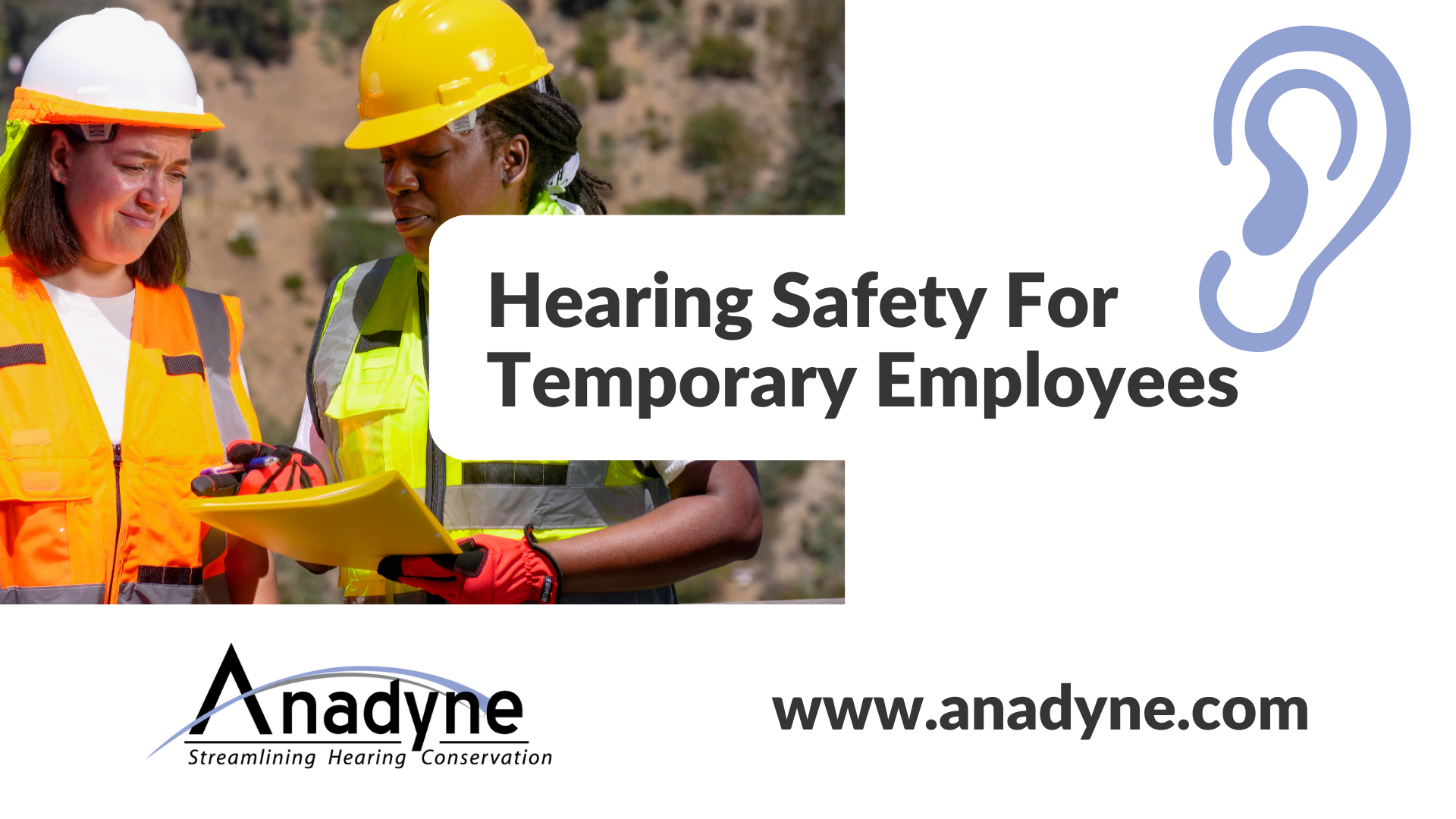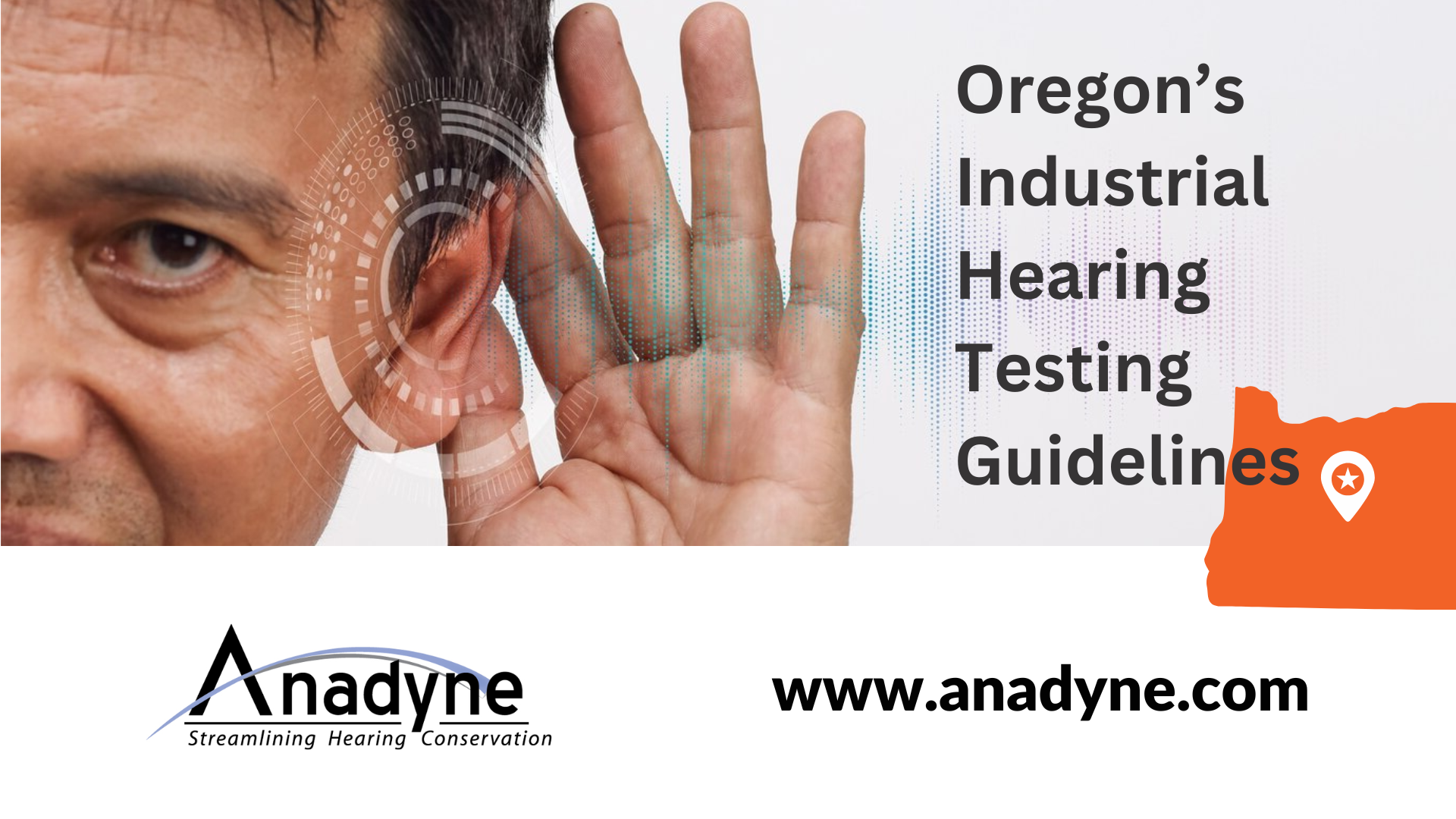In the New Year, Commit to Protecting Your Hearing
The beginning of a new year is a time when many of us commit to making lifestyle changes that we know will be good for us. This year, why not make a resolution to take better care of your hearing health? You may be surprised to learn that some of the things you might do to protect your ears will have benefits for your general health and well-being, as well.
Those who work in industries that involve regular noise exposure, whether it be manufacturing, construction or entertainment, are at extra risk for noise-induced hearing loss (NIHL). While hearing loss is irreversible, the good news is that it is both preventable and treatable.
Wear Hearing Protection, Limit Noise Exposure
Any noise above 85 dBA (about the amount of noise you experience while mowing the lawn or standing on a busy street) can cause NIHL after about 8 hours of exposure. This is the noise level that NIOSH sets as the maximum amount of allowable noise in the workplace, as it is considered safe with a maximum of 8 hours of exposure. But the EPA (Environmental Protection Agency) recommends limiting average noise exposure over a 24-hour period to 70 dBA, about the maximum volume of a conversation. This means that if you are exposed to a full 85 dBA at work, with a full-time schedule, you’ll need to limit the amount of noise you experience off the job in order to prevent NIHL.
While your employer must provide hearing protection if your work environment exposes you to unsafe noise levels, we often find that workers remove hearing protection or physically adjust it (making it less effective) because they believe it can hinder their ability to perform their job function. Unfortunately, this can worsen any hearing loss that may already be making it difficult to perform tasks while wearing hearing protection. If your current method of hearing protection is not working for you, talk to your employer about switching to a different method, rather than leaving yourself at risk for NIHL.
The need for hearing protection doesn’t end when you punch out! Noisy environments everywhere will contribute to your overall noise input, so even if your workplace has created a sonic environment that has been deemed safe, additional noise outside the workplace can add up to a recipe for NIHL. We all need some sonic “down time,” so try to set aside plenty of time each day when you’re not exposed to too much sound.
Physical Health & Diet
A Japanese study found that workers who spent the same amount of time at the same machines each day had significantly more NIHL if they smoked than those who didn’t. Many additional studies have confirmed that smoking significantly increases the risk for NIHL. If you are currently a smoker, quitting smoking is one of the best ways to protect your hearing ability in the long term. Heavy drinking has also been linked to hearing loss.
The likely reason that smoking causes hearing loss is that it causes inflammation. Other health issues that are linked to inflammation have also been implicated in hearing loss, including heart problems, diabetes, hypertension, high cholesterol and high blood pressure. If you have been diagnosed with any of these health problems, or warned that they might be a problem in the future, the steps you can take to address them will also benefit your hearing health.
A study conducted by Brigham & Women’s Hospital found that closely following an anti-inflammatory diet, such as the Alternate Mediterranean diet (AMED) or Dietary Approaches to Stop Hypertension (DASH), could prevent or slow the progress of hearing loss. As one might guess, these diets have also been shown to have wide-ranging positive effects on physical health.
It seems that our ears might be the “canary in the coal mine” of our bodies. The sensitive cells in our inner ears that are required for us to process sound can be the first to be damaged when our bodies are not in good health. It’s important to make sure our diets contain plenty of the minerals and vitamins that keep our cells functioning properly, so talk to your doctor about your diet and what you can do to make sure you’re getting what you need from it. And remember to always protect your ears in loud environments!
If you work in a noisy environment, hearing protection is important. Just as important is an annual hearing test so you can monitor your hearing abilities. Contact us today to learn more about our hearing testing services.
The post In the New Year, Commit to Protecting Your Hearing appeared first on Anadyne.










